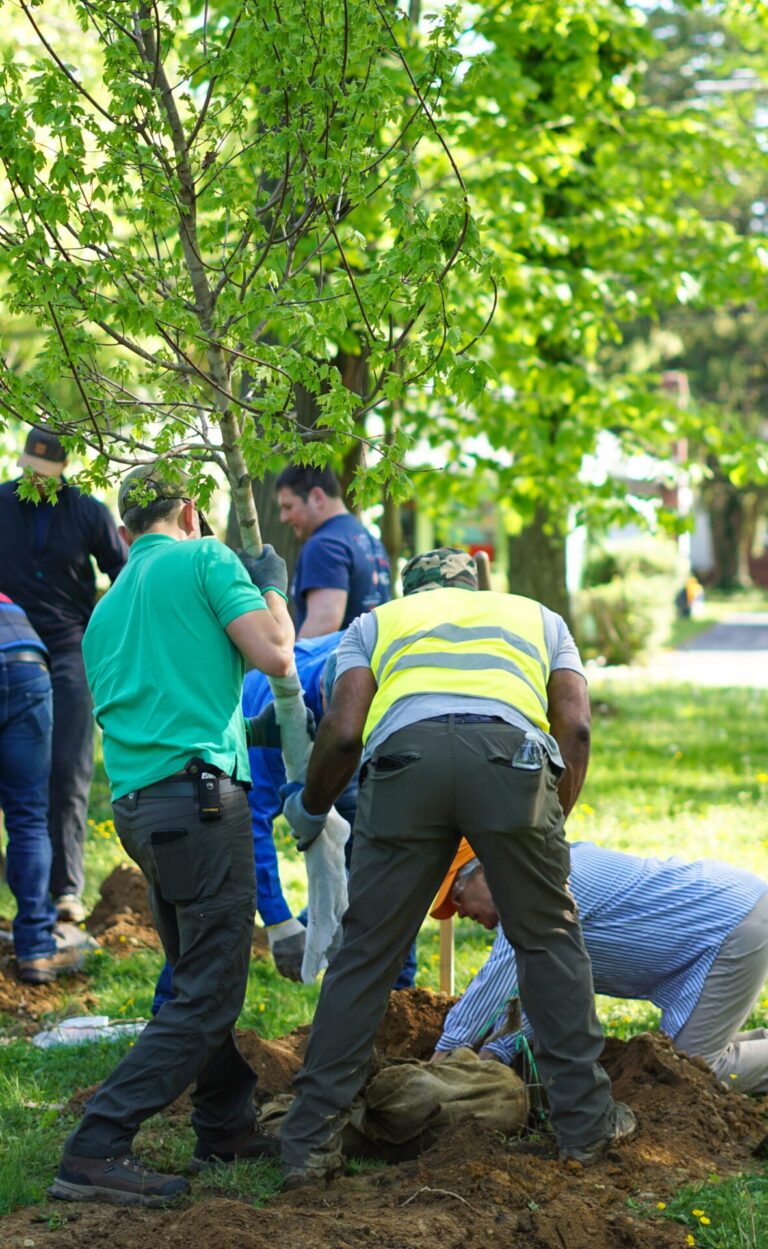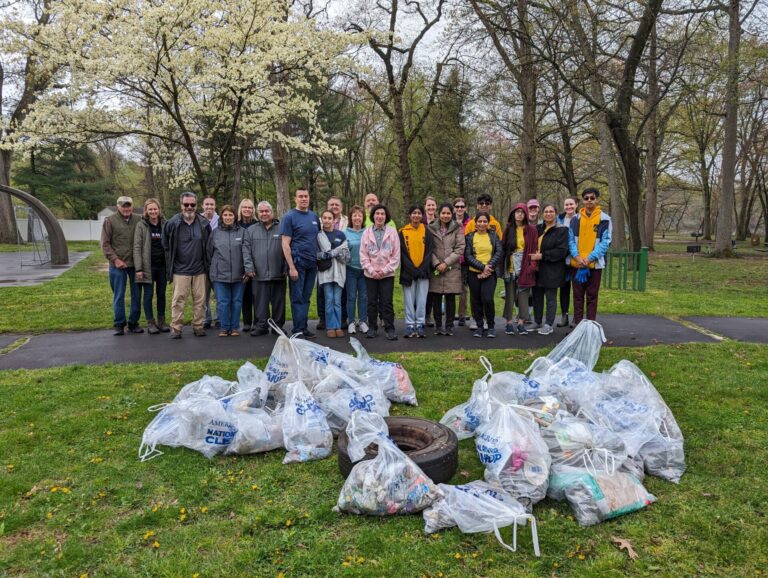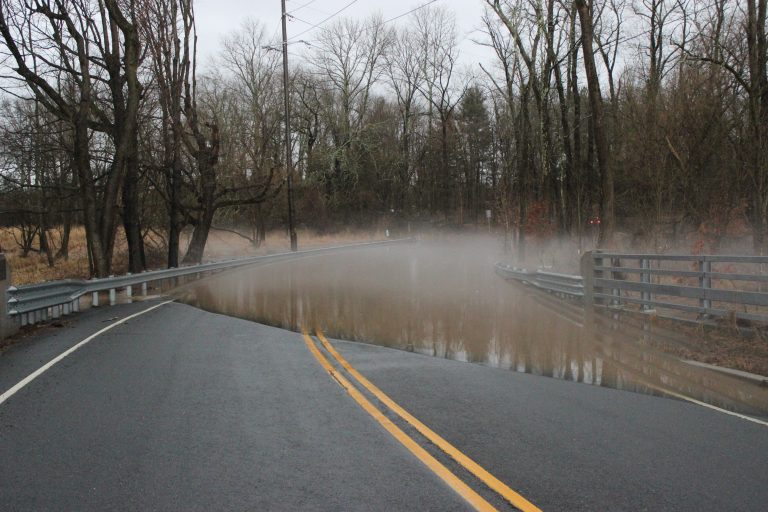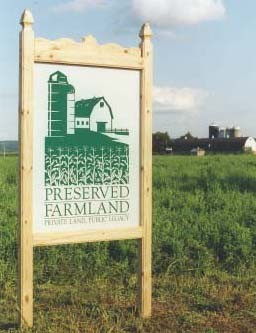 New Jersey’s farmland preservation program is the envy of the nation. More than $1.8 billion in public funds have been spent to preserve more than a quarter of a million acres of land on 2,800 farms. But despite their preservation status, these lands are under constant pressure for development that undermines the very reason that the public paid to protect them. Pressure continues to build for parking lots, gravel roads, riding arenas, greenhouses, and even large luxury homes on the Garden State’s preserved farms.
New Jersey’s farmland preservation program is the envy of the nation. More than $1.8 billion in public funds have been spent to preserve more than a quarter of a million acres of land on 2,800 farms. But despite their preservation status, these lands are under constant pressure for development that undermines the very reason that the public paid to protect them. Pressure continues to build for parking lots, gravel roads, riding arenas, greenhouses, and even large luxury homes on the Garden State’s preserved farms.
The state of New Jersey has proposed an important new rule to protect preserved farmland by limiting how much of their fertile soils can be covered by pavement, gravel, buildings, and other activities that damage soils. Everyone with an interest in this program, the future of the Garden State, and the appropriate use of taxpayer funds should email their support for the proposed Soil Protection Standards.
For more than forty years, the NJ Farmland Preservation Program has been an invaluable tool to sustain the agricultural economy of the state while preserving vast amounts of farmland in the face of constant development pressure.
Unlike most open space preservation programs under which a government or nonprofit entity becomes the permanent caretaker after land is preserved, most of our preserved farmland is owned by private landowners who retain title to the land after its preservation.
These landowners are paid generously to extinguish their rights to develop the land for residential and commercial purposes but they are allowed to continue living on and using the land for agricultural purposes, as long as they refrain from activities that “would be detrimental to drainage, flood control, water conservation, erosion control, or soil conservation” or “any other activity… which would be detrimental to the continued agricultural use of the Premises.”
Unfortunately, a few owners of preserved farmland have broken this careful, bipartisan compromise by pursuing activities that clearly undermine the program’s conservation goals. In 2008, a preserved farm in Hunterdon County called Garden State Growers became an egregious example.
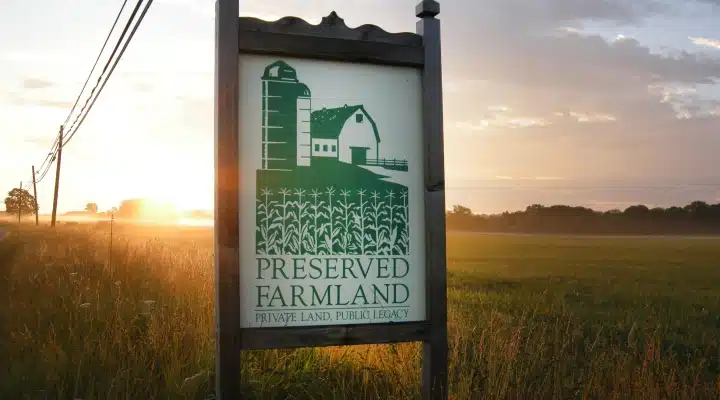 The owner sought to build 300-foot-long greenhouses on the preserved farm’s sloping land in order to grow flowers for sale in big-box stores and other large retailers. To accomplish this, the owner excavated deep cuts into the ground—up to 12-feet deep in some places—to create flattened terraces on which to build greenhouses, destroying the preserved farm’s native soil. The SADC found the farm’s owner in violation of the deed of easement, a ruling that was eventually upheld by the New Jersey Supreme Court in a 7-0 ruling.
The owner sought to build 300-foot-long greenhouses on the preserved farm’s sloping land in order to grow flowers for sale in big-box stores and other large retailers. To accomplish this, the owner excavated deep cuts into the ground—up to 12-feet deep in some places—to create flattened terraces on which to build greenhouses, destroying the preserved farm’s native soil. The SADC found the farm’s owner in violation of the deed of easement, a ruling that was eventually upheld by the New Jersey Supreme Court in a 7-0 ruling.
In its ruling, the court directed the State Agriculture Development Committee (SADC) to create rules that specify how much soil disturbance on preserved farms is too much. The SADC’s proposed Soil Protection Standards would limit activities known to damage soils to 12 percent of a farm’s area—a reasonable compromise struck over a decade-plus investigation by a special subcommittee that I served on with several farmers and a well-respected municipal land use attorney. A waiver process would allow some farmers to exceed that standard in special circumstances.
Sadly, a small number of landowners and advocacy groups have attacked the proposed standards, arguing that there shouldn’t be any limits on the use of these preserved lands—even though New Jersey’s taxpayers funded the land’s preservation.
Fortunately, relatively few of the state’s preserved farms have approached the proposed limits on soil disturbance, which is why this is the perfect time to enact the proposed Soil Protection Standards. Let’s adopt this compromise solution before the problem gets too far out of control. Register your support for the proposed standards by sending an email to [email protected]. Urge the SADC to protect NJ’s fertile soils and protect against flooding by adopting the proposed rule.
Executive Director of The Watershed Institute Jim Waltman served as a public member of the State Agriculture Development Committee from January 2008 until April 2023.

